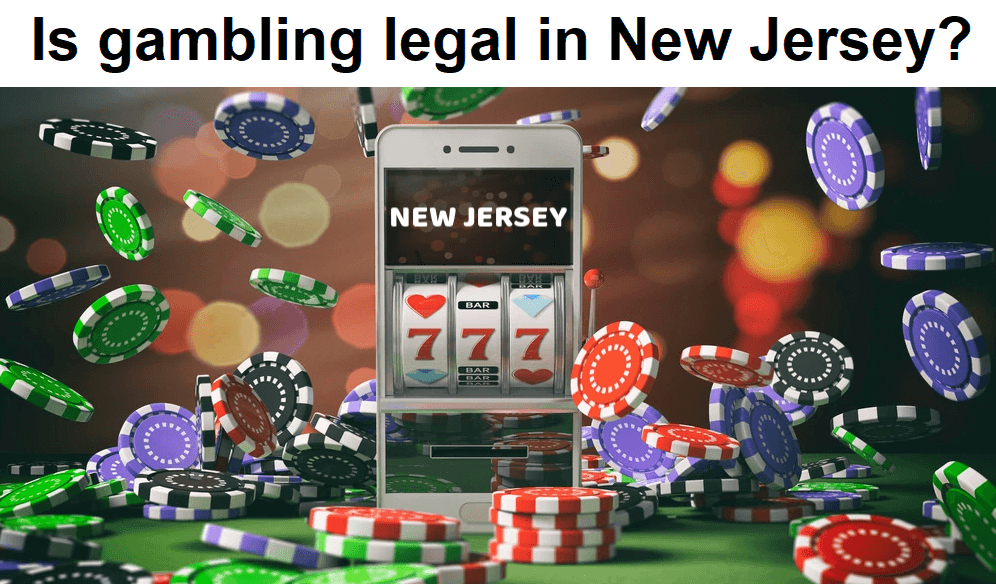

The development of online gambling in the US has been rocky. In September and October 2006, they banned online gambling. In 2012, however, the situation changed. The governments of Nevada, New Jersey and Delaware legalized the activities of online casinos, poker rooms and bookmakers in their states.
US Gambling Law
It’s up to each state government to adopt or reject gambling legislation. As stated in Section 15 of the Compilation of US Laws, states are responsible for determining the list of available games of chance and the features of their organization. They are also responsible for establishing age, financial and other restrictions.
The federal government publishes legislative and regulatory acts designed to regulate gambling:
Gambling in New Jersey
The second gaming hub in the US is the state of New Jersey. All types of land-based casino games are legal here. Citizens voted to legalize gambling activity on the territory of the state in a local referendum. The first casino in New Jersey opened back in 1978. Today, 12 casinos operate in this state. The gambling industry in New Jersey is also regulated by law and under the strict control of special departments.
New Jersey Gambling Regulators
As in Nevada, the gambling business in New Jersey is controlled by two gambling regulators – one is the New Jersey Casino Control Commission (NJCCC), which is the state agency. This commission has multiple powers in most segments of the gaming industry.
The structure of the department has five special units: the licensing department, the appellate department, the tax department, and the legal and administrative departments. The second regulator is the New Jersey Department of Justice, which is tasked with enforcing gambling laws.




